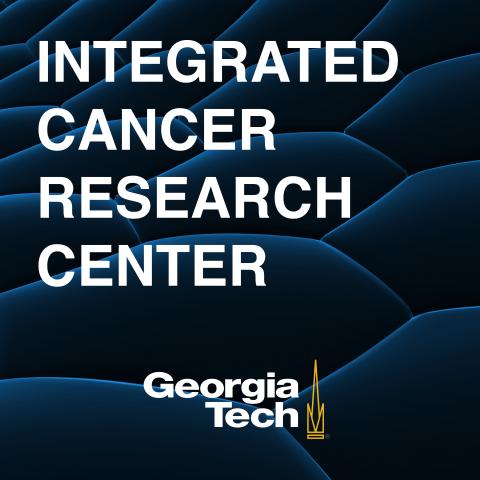event
Integrated Cancer Research Center Seminar
Primary tabs
"Cancer as a Mitochondrial Metabolic Disease: Implications for Novel Therapeutics"
Thomas N. Seyfried, Ph.D.
Professor
Department of Biology
Boston College
Cancer is a mitochondrial metabolic disease involving disturbances in energy production through respiration and fermentation. The mutations observed in tumor cells and all other recognized hallmarks of cancer are considered downstream epiphenomena of the initial disturbance of cellular energy metabolism. The disturbances in tumor cell energy metabolism can be linked to abnormalities in the structure and function of the mitochondria. Cancer growth and progression can be managed following a whole-body transition from fermentable metabolites, primarily glucose and glutamine, to respiratory metabolites, primarily ketone bodies. Calorie restricted ketogenic diets can lower circulating glucose and elevate ketone bodies. The metabolic transition from glucose to ketone bodies will reduce tumor angiogenesis and inflammation while enhancing tumor cell apoptosis. Malignant brain cancer in preclinical models and in humans will be used to illustrate general concepts. New information will be presented on glutamine targeting, the Glucose/Ketone Index (GKI), and the Press-Pulse therapeutic strategy for non-toxic cancer management and prevention. It is anticipated that metabolic therapies targeting glucose and glutamine, while increasing therapeutic ketosis, will significantly improve quality of life and overall survival for most cancer patients.
Groups
Status
- Workflow status: Published
- Created by: Colly Mitchell
- Created: 03/01/2018
- Modified By: Floyd Wood
- Modified: 03/28/2018
Categories
Keywords
Target Audience

